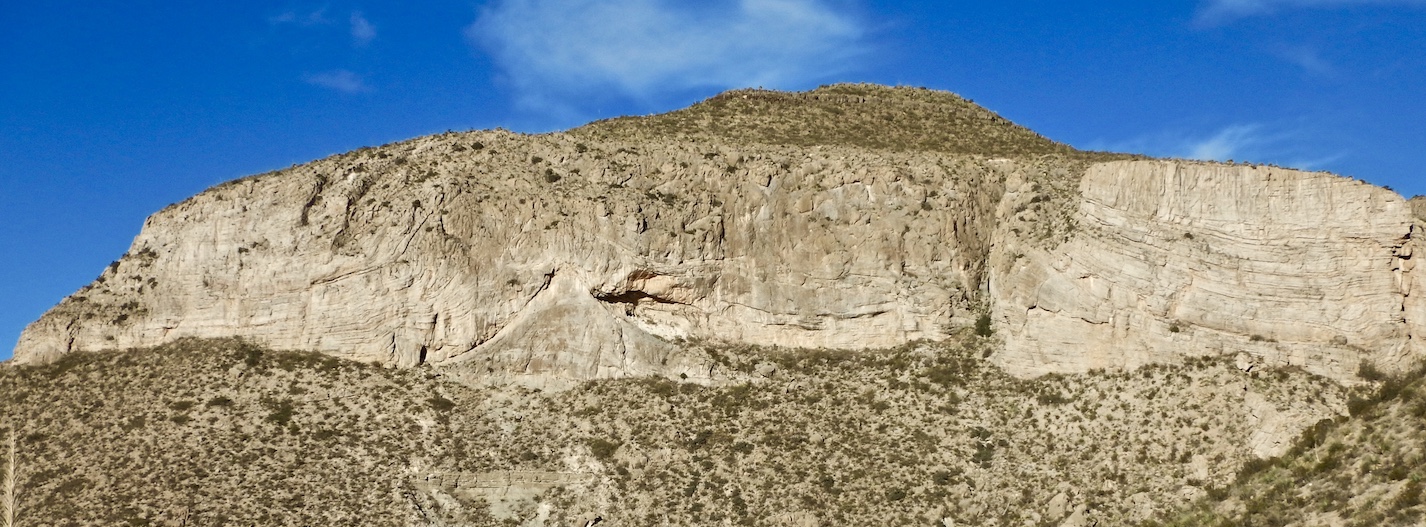
Seismic Expression of Carbonate Platforms
Course Details
The Permian Basin has world-class carbonate outcrops, but so does Mallorca in Spain, the Zagros mountains in Iran, the Italian Dolomites, Canadian Rockies and the La Popa Basin in Mexico. So what makes the Permian Basin unique? it is not only the scale and lateral continuity but the well preserved carbonate build-ups, some of which have 3D exposure. So instead of your typical highstand stacked carbonate cycles you actually get to see structureless bioherms, biostromes, seismic-scale clinoforms and strata onlapping onto carbonate build ups.
This is the reason why we choose the Permian basin to demonstrate the outcrop expression of common seismic facies. Whether you are working isolated platforms in the Southeast and Central Asia, the Middle East or the Barents Sea this field trip will serve you well.
For our Norwegian friends working on Sponge Mounds of the Tempelfjorden group we have a special treat for you – beautifully preserved sponge mounds where you can visually inspect the difference in reservoir quality between mound core vs flank facies.
If you would prefer a 5-day classroom course in carbonates arranged at your office we can happily arrange that. If you choose to do this in Abu Dhabi, Bali or Islamabad, then we can add a field component as well. If you are wanting something more “reservoir-scale” and your interest lies specifically in microbial carbonates, we offer a core workshop/field trip in beautiful Colorado.
Who Should Attend
• Geologists
• Geophysicists
• Petrophysicists
• Engineers
This course is meant for all who are working on carbonate reservoirs in an exploration or development capacity. This course is particularly useful for those interpreting seismic on a daily basis.
Need more information?
Course Outline
Day 1
You will be arriving the day before the field trip starts at El Paso Airport in Texas, USA. The next morning we will begin with a safety briefing and orientation to the field area.
We will then be headed north to Alamogordo, New Mexico and spend the day looking at different morphologies of carbonate mounds and discuss their seismic expression. You will get to see strata onlapping onto the mounds.
After looking at the different types of bioherms we will head to White Sands National Monument for the sunset and will have dinner in Alamogordo before the drive back to our hotel in El Paso.
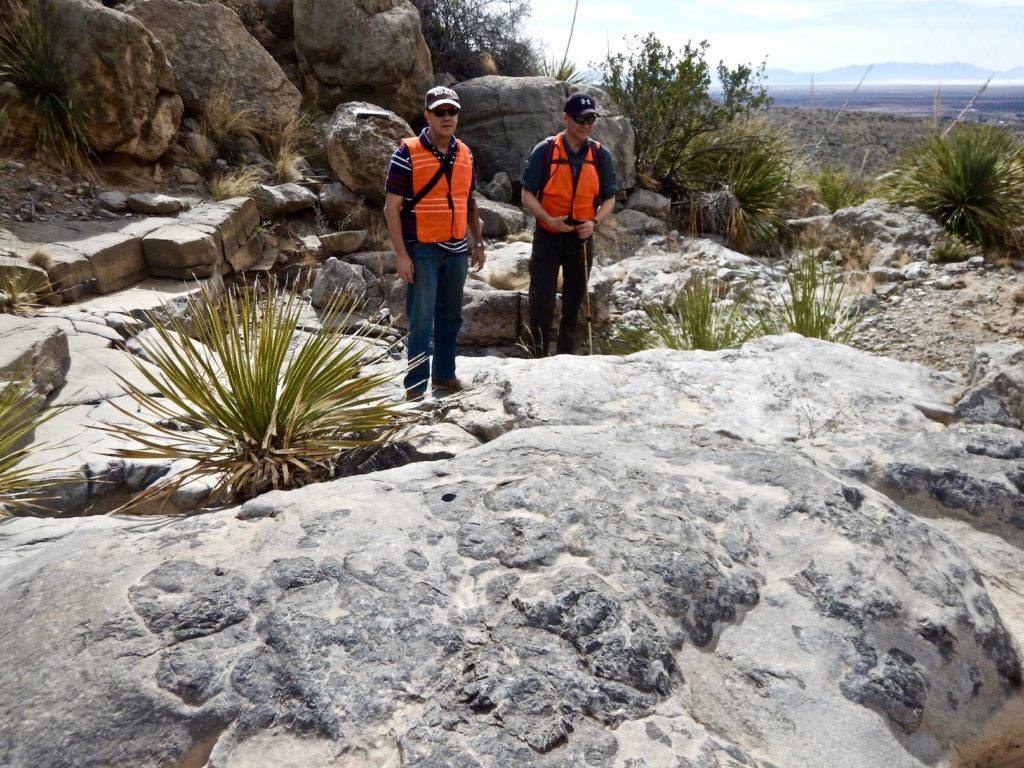
Day 2
We will begin with morning lectures on carbonate platforms and discuss carbonate builders through geological time. We will then head to compare phylloid algal mounds, bioherms and crinoid banks.
During the afternoon we will have a workshop on seismic facies of carbonate platforms using a series of seismic lines from basins across the globe. Our night will be spent at the same hotel in El Paso.
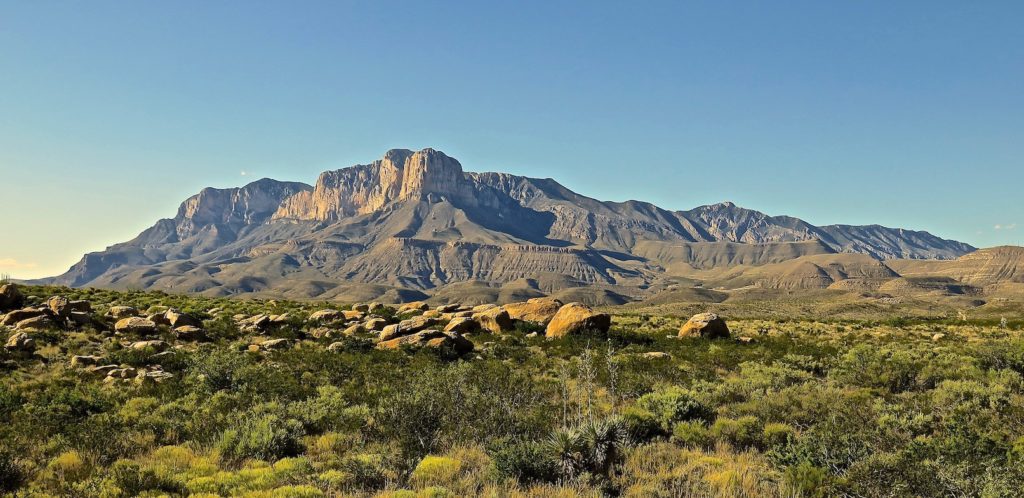
Day 3
We will begin with a morning lecture highlighting the process of karstification before getting into details into the successful exploitation of karstified carbonate reservoirs.
In the field you will not only get to see a “cross-section” through a sink hole but also visit the fill of an Ordovician sink hole and gauge its reservoir quality
The afternoon will be spent investigating deepwater carbonate facies including channels, mass transport deposits and turbidites.
We will end the day with a visit to the world-famous Carlsbad Caverns where you will get to see the fill of a modern cave while we discuss the different processes that can result in cave formation and how these produce caverns with very different geometries.
After we are done with field work we will check you into your hotel in Carlsbad, New Mexico.
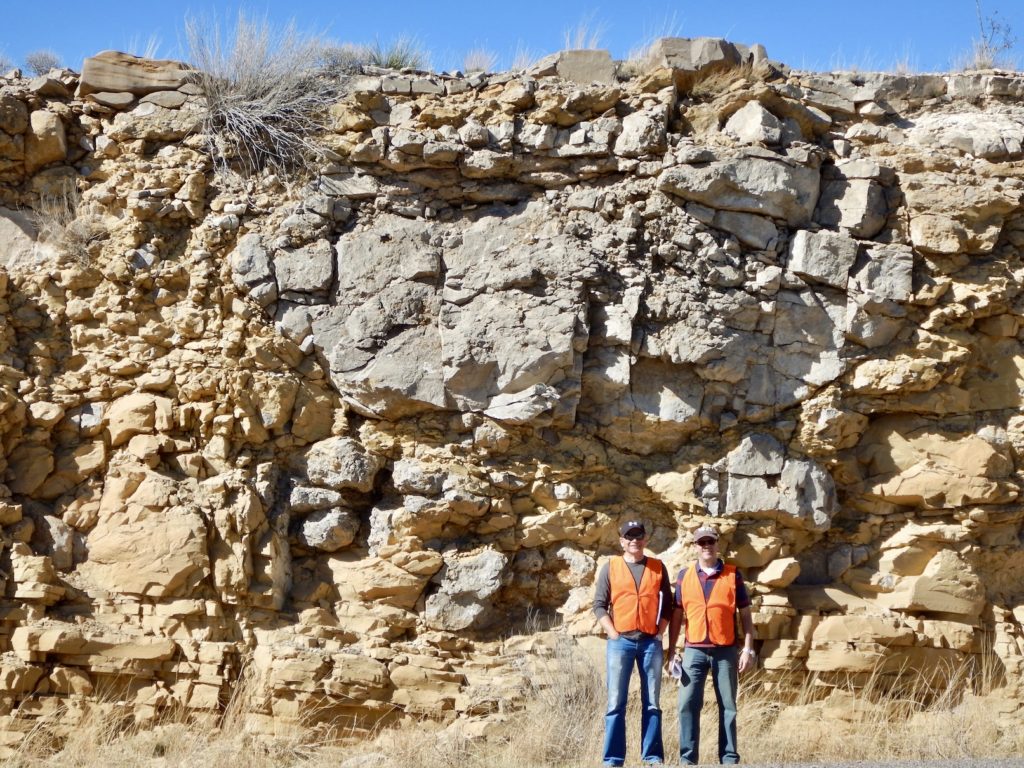
Day 4
We will start with a lecture on carbonate sequence stratigraphy and discuss the concept of reciprocal sedimentation and its role in the Permian Basin. We will then visit seismic-scale clinoforms and visit both carbonate and siliciclastic sediment gravity flows including turbidites and debrites.
In the afternoon we will visit sponge mounds and compare mound flank vs core facies and look at equivalent of toplapping seismic reflections in the outcrop. You will also get to see carbonate channels and we will discuss their thickness and imaging issues related to channels in seismic data.

Day 5
On our final day you will be checking-out of your hotel in Carlsbad, New Mexico.
We will do a complete transect through a rimmed attached platform in Guadalupe National Park. This is a long up-hill hike and to save time we will not have morning lectures.
We will head back to El Paso Texas for an early dinner and will be dropping you off at El Paso Airport for an evening departure.
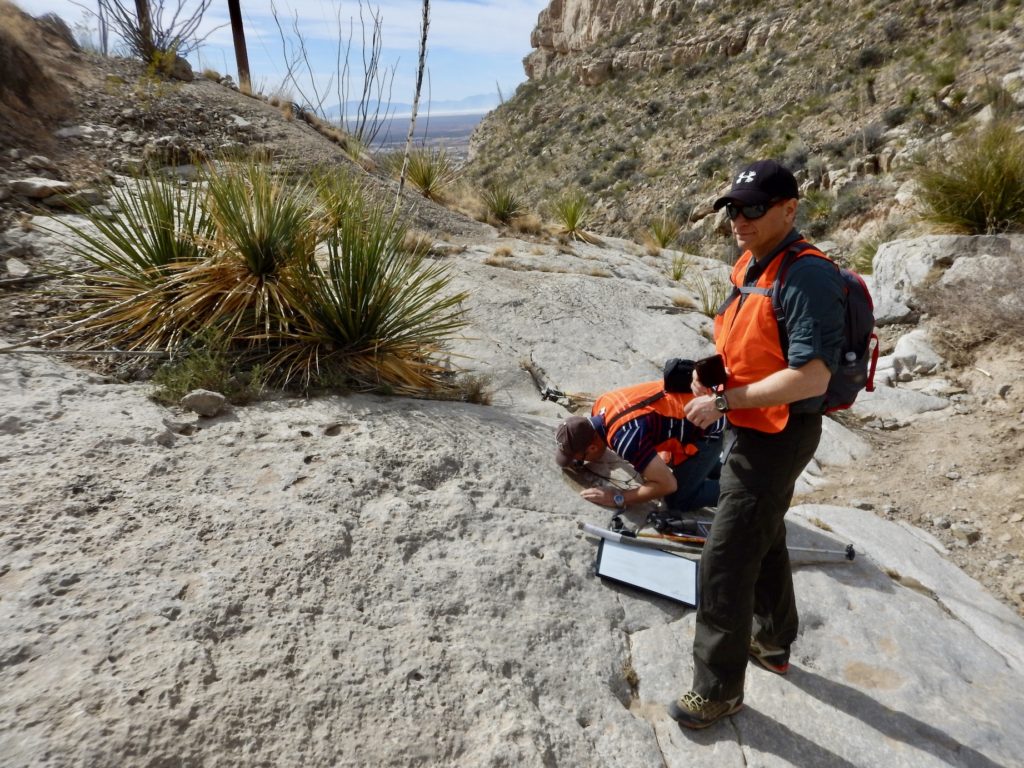
This course is scheduled for the first week of December every year. The course cost is $6500/person and this includes 5-nights hotel stay, all meals, rental cars, fuel, national parks passes, permits, field guide and exercise materials.


